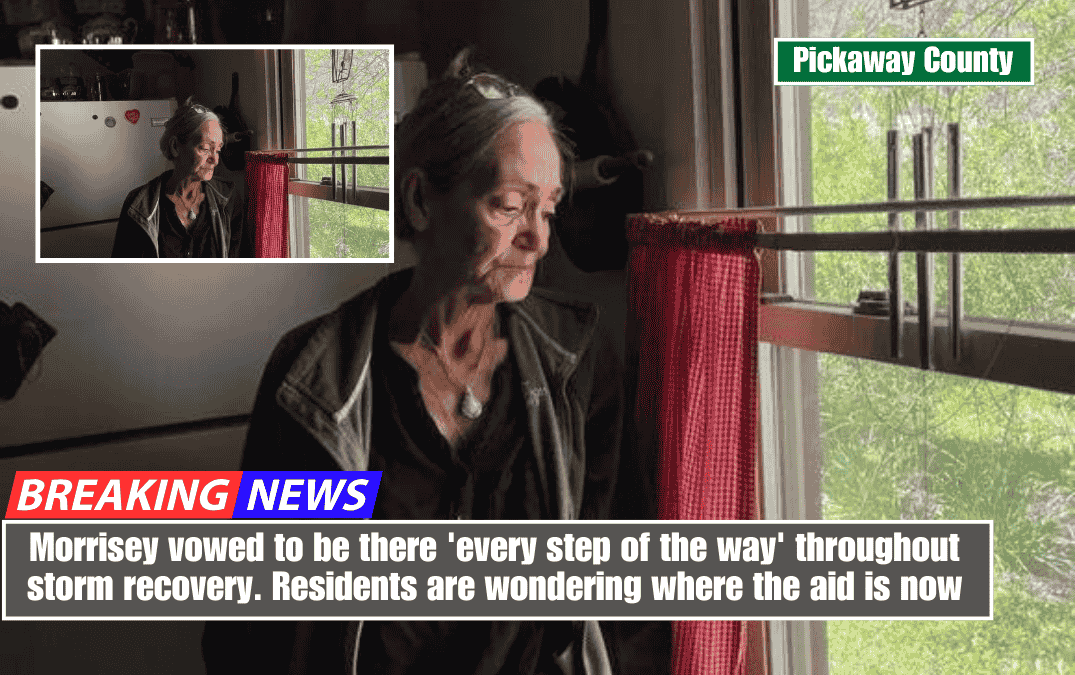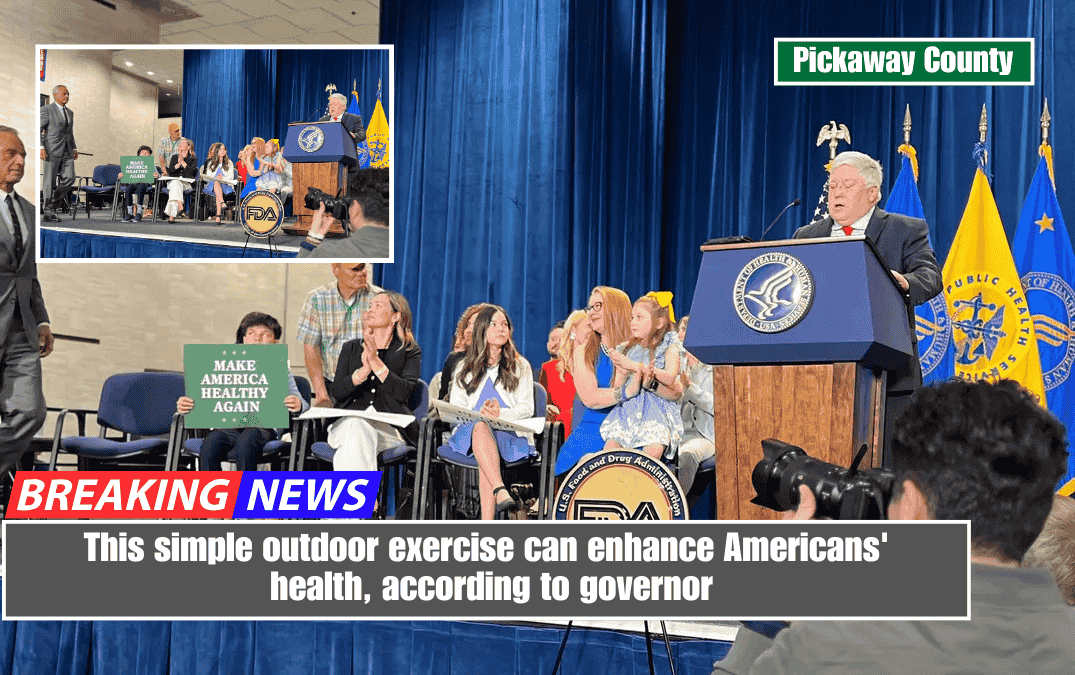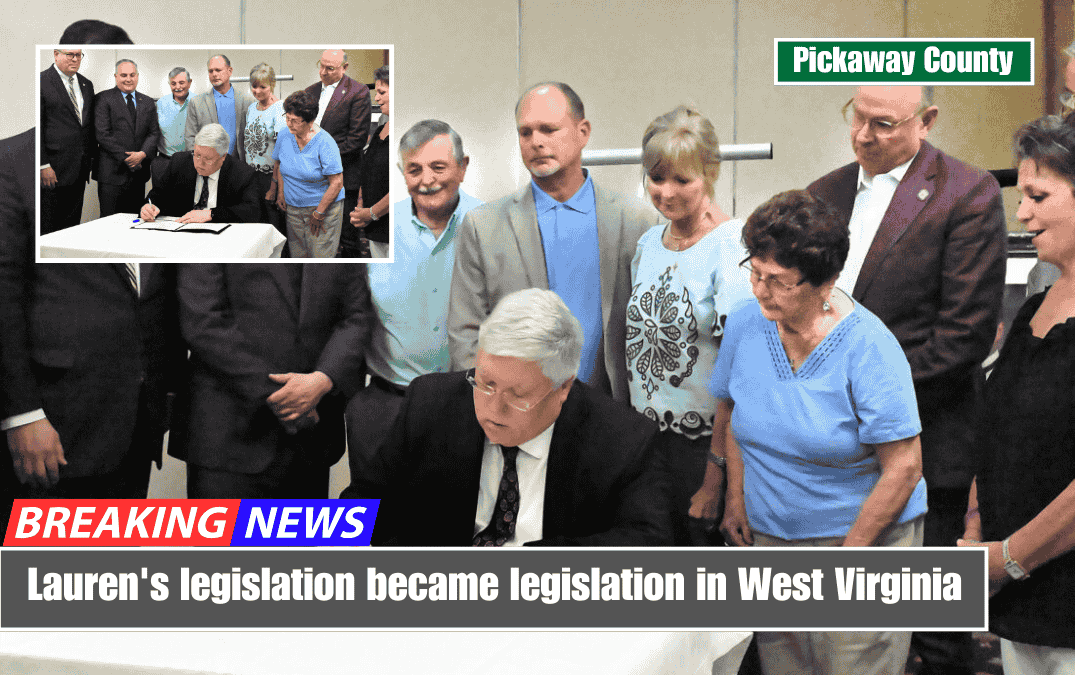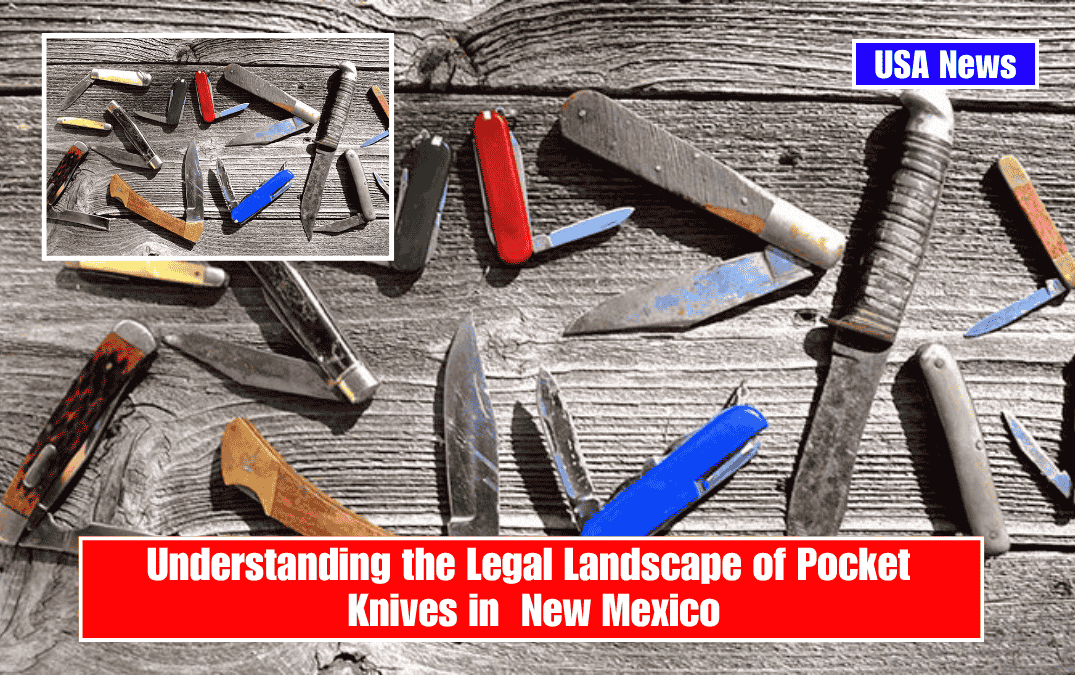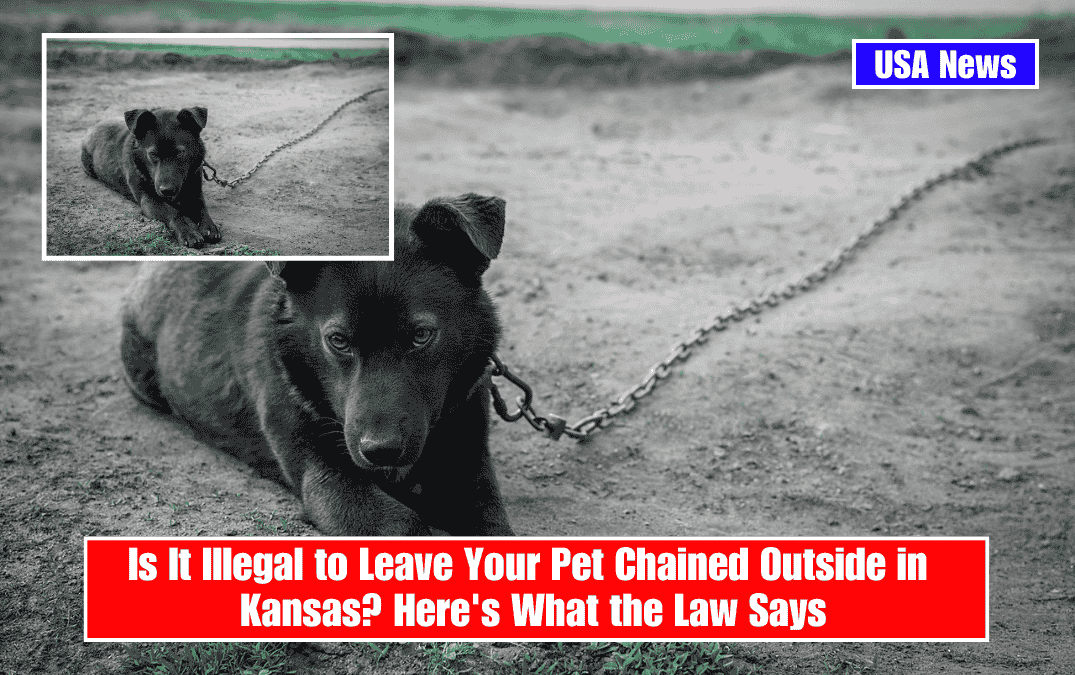In February, heavy rains in southern West Virginia swelled rivers and creeks, flooding communities across the coalfields. Roads and bridges have washed away. Homes were soaked. Residents were left without power or water. Three people died when their truck washed into the Tug Fork River near Welch.
Soon after, Governor Patrick Morrisey made a commitment.
“We’re going to use every resource at our disposal to assist those in need,” he said during a press conference on February 17. “And we’re going to be there every step of the way until our communities are recovered.”
Residents of the hardest hit areas say they are still far from recovered two months later, but they feel like they are walking alone.
Linda Woods of McDowell County is still hauling out flood-soaked clothes, bed sheets, and rugs.
“I’m angry, hurt, and disappointed.” “I don’t understand why I’m not getting any help,” Woods said.
Many flood-damaged communities, including Matoaka, Berwind, Bartley, and English, have the same scenes.
Clothes, toys, uprooted trees, and broken branches continue to litter the stream banks. Black trash bags sit in piles alongside discarded couches and broken doors, ready to be hauled away. Mud and water continue to line the floors in homes as residents wait for help to clean them out.
In early April, Alicia Vest had just begun cleaning the mud from her restaurant floors. She had spent weeks working around the clock to assist those affected by the floods in Matoaka and surrounding areas of Mercer County.
“I pretty much put it on the back burner until I could get my people taken care of,” said Vest, who runs a community organization that helps those in need with food, clothing, and other necessities.
Morrisey activated the West Virginia National Guard on the night of the flood. They collaborated with state and local agencies in the affected counties.
Guard troops helped clear blocked roads and deliver bottled water, ready-to-eat meals, and cleaning supplies.
However, by the end of March, they were gone. And now, some residents are only beginning to clean up, with a fraction of the assistance.
Many communities are struggling with how to dispose of the debris. Previously, they could take it to the curb and guard troops would take care of it. Much of it now sits along roadsides and on the edges of yards, as residents rely on their neighbors or the region’s few volunteers to haul it away.
During the heavy rains in Berwind, McDowell County, the water quickly rose, swelling the Tug Fork River and flooding the community.
Lloyd Bowling was out with the volunteer fire department, checking the rivers, when they became trapped at a nearby railroad underpass. But his chickens were out in the yard, so he waded through chest-high water to get to them. He arrived too late.
“We just about lost everything,” he said.
More than two months later, black trash bags, a loveseat, and other personal belongings lost in the floods remain in his yard. He has put off cleaning and repairing his own home in order to assist others in the community who are in need.
However, many, if not all, of the free dump sites available following the flood have closed, forcing Bowling and others to find alternatives. Many people don’t have vehicles capable of transporting that much trash, and for those who do, the county dump is prohibitively expensive.
Since the dump closed, Woods has gradually set out items for trash pickup.
Boxes of clothes, home-canned foods, and her bedroom flooring remain piled on her back porch.
Soon after the floods, the governor asked for a federal major disaster declaration for 13 counties. The Federal Emergency Management Agency has distributed more than $25 million in federal disaster relief to over 4,000 households affected by the flooding.
However, many West Virginians struggle to qualify for federal assistance. And for some who have received aid, it is insufficient to cover the damage and loss they have suffered.
The floods left Woods without a working refrigerator or stove. Since the disaster, she has been using an air fryer, microwave, and toaster. Woods hoped to get assistance replacing the items she had lost. However, Woods claimed she was denied partly because her home is not in her name.
“My heart hurts so bad that I don’t know how to explain it,” he said. “It just hurts.”
In response to questions, a FEMA spokesperson shared the eligibility requirements and stated that West Virginia faces more challenges than other states in verifying proof of homeownership because homes are frequently in the names of other family members.
Meanwhile, the federal agency issued a check to Bowling and his wife for lost personal items. But only for $270, which is insufficient to replace what they lost in the thigh-high waters that destroyed their home.
In Bartley, the floods destroyed Ashley Jones and her family’s first floor, forcing her and her husband to gut their kitchen, throw away all of their furniture, and close off their laundry room. The flood also destroyed her heat pump, forcing the family of five to rely on propane and kerosene heaters months later.
While they were granted some federal assistance, they are appealing the claim because the initial check does not cover the tens of thousands of dollars in damage she and her husband now need to repair.
The ground beneath part of her house is still visible through several gaping holes in her laundry room floor.
“I don’t know anything else except that I’m tired. “But what can you do?” Jones said. “You just can’t stop. We have to keep going.
According to Bowling, the hardest part of cleaning up is getting started.
His back room, which was overtaken by the powerful flood waters, remains in disarray. As mold grows on the damaged ceiling, a musky, damp odor pervades the space. Damp pillows, towels, and blankets lie on the still-wet floor.
“Everything you worked for is gone. “There are no words for that,” said Bowling.
For many of these communities, the primary requirement is more manpower.
As of last week, homes had yet to be cleaned after the flood because many residents, particularly seniors, are unable to do so. Debris continues to litter waterways and banks. And some roads and bridges remain in disrepair.
On Monday, Morrisey’s communications director, Alex Lanfranconi, did not respond to emailed questions about whether the state is still sending more resources or if the governor has any other plans to help with the recovery.
The following day, the governor’s office issued a statement confirming that FEMA had denied requests for individual assistance (help for residents and families) in half a dozen other West Virginia counties. FEMA also denied assistance that would have allowed local governments in Cabell and Kanawha counties to recoup flood response costs.
Morrisey used the statement to emphasize his “gratefulness to the Trump administration” for its “strong support” of West Virginia following the floods.
President Donald Trump has declared that FEMA will be abolished, leaving states to deal with natural disasters on their own.
With each passing day, frustration and anger spread across the coalfields as people deal with the aftermath of the floods. West Virginia’s mountainous terrain and thousands of rivers and creeks, combined with decades of strip mining and timbering, make it particularly vulnerable to flooding. This is likely to worsen as climate change exacerbates the risk.
“There are a lot of pissed off people in McDowell County, angry people who feel like the state turned its back on them,” said the Rev. Brad Davis, who pastors five United Methodist churches in southern West Virginia and is assisting with recovery efforts.
People in smaller communities had a difficult time obtaining basic supplies following the flood. The majority of the resources were sent to larger towns before being distributed to surrounding communities and hollers several weeks later.
“They just kicked us to the curb,” Bowling said.
Many flood-stricken communities have relied on a variety of nonprofit organizations, religious groups, and private individuals for help, and they continue to do so. However, the aid is also running out.
Local leaders have become more vocal, bringing their plea for assistance to Charleston. In mid-April, McDowell County Commissioner Michael Brooks appeared on the statewide MetroNews Talkline show.
“We’re doing our best to help them, but unfortunately our best is not enough,” he told me. “I just don’t feel like we’re meeting the people’s needs the way we should, and we don’t have the resources. We don’t have the funds and need assistance.
